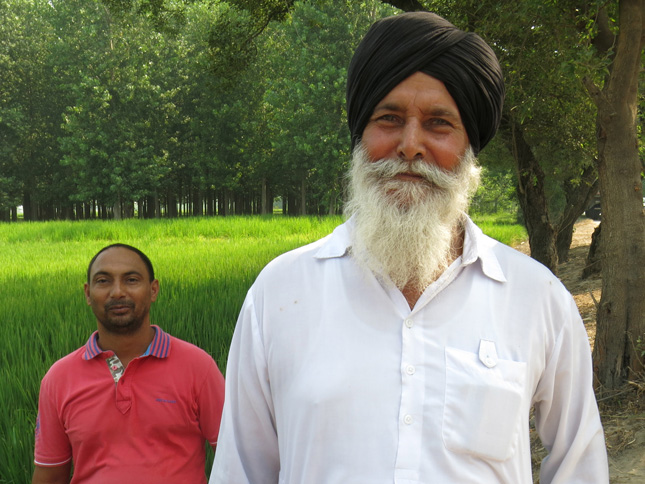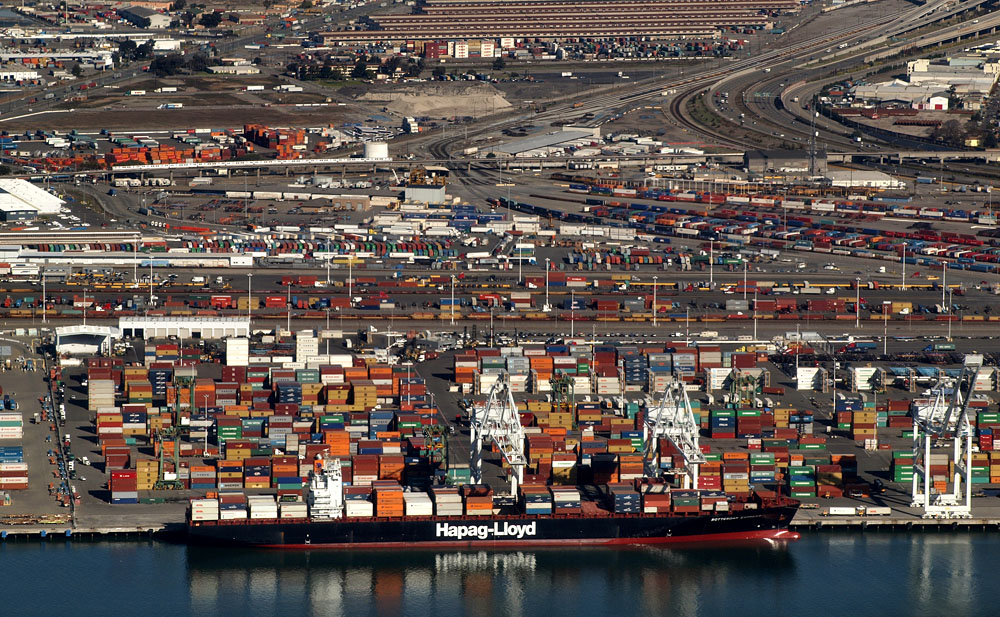-
Can the “World’s Largest Urban Area” Clean Up Its Act? Shenzhen and the Pearl River Delta
›SHENZHEN, China – In 1980, the year Deng Xiaoping established Shenzhen as China’s first special economic zone, opening its mercantile sectors to market capitalism and free trade principles, an attractive, tree-shaded commercial district known as Dongmen was home to 30,000 residents near the center of a metropolitan region of 300,000.
Thirty-five years later, Dongmen is a crowded commercial neighborhood of 300,000 residents at the edge of a metropolitan region of 18 million, China’s fourth largest.
-
In Morocco, a Microcosm of What Leads Many to Leave Their Home Countries
›Global attention is understandably focused on Syrian refugees, but the migration crisis in Europe is part of a bigger trend that climate and social scientists have been warning about for years.
-
Lisa Palmer, Yale Climate Connections
Learning From India’s “Climate-Smart” Farming Villages
›December 2, 2015 // By Wilson Center Staff
Joginder Singh, a 68-year-old farmer in the village of Noopur Bet in Punjab, is among the thousands of farmers in India trying to reconcile the risks posed by a changing climate with their need to improve crop yields to support their families.
-
The ECC Factbook Illustrates How the Environment Can Contribute to Peace and Conflict
›In his speech on climate change and national security on November 10, Secretary of State John Kerry said climate change is already a “threat multiplier,” and that worse is to be expected if climate change continues unchecked. But the relationship between the environment and violent conflict is complex and often indirect. Researchers have been wrangling for years over the role that global environmental change plays in fueling conflict and state fragility.
-
Why Canada Is an Energy Titan and How Its Hydropower Can Help the U.S.
›
The United States: The world’s lone remaining superpower, home of the world’s largest economy and military, the world’s largest producer and consumer of natural gas, and soon the leading producer and consumer of oil.
-
A River Runs Again: Reporting on India’s Natural Crisis
›
The world’s second most populous country – projected to be first by 2022 – is developing faster than ever before, roiling the social, political, and environmental landscape. [Video Below]
-
Military Leaders: Climate Change, Energy, National Security Are Inextricably Linked
›In the midst of a minefield on day two of Desert Storm Task Force Ripper, Marine Corps Operations Officer Richard Zilmer stepped out of his armored personnel carrier, squinted up at the sky, and saw nothing but black from horizon to horizon. Iraqi forces, trying desperately to blunt the attack of coalition armies, had set fire to hundreds of Kuwaiti oil wells and oil-filled trenches.
-
Soy What? How China’s Growing Appetite is Transforming the Port of Oakland
›
Showing posts from category water.











